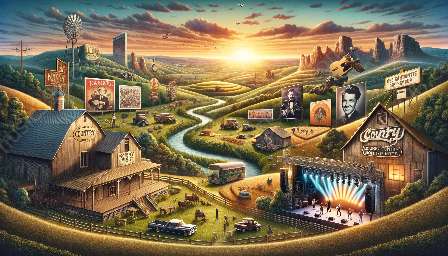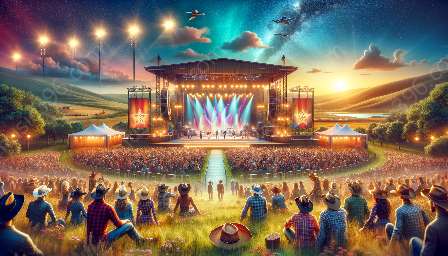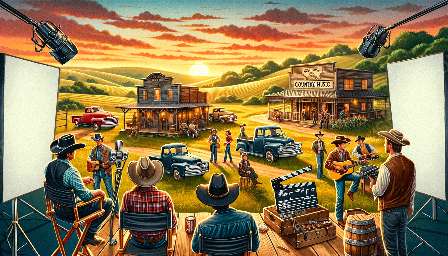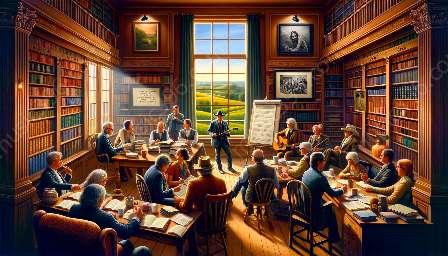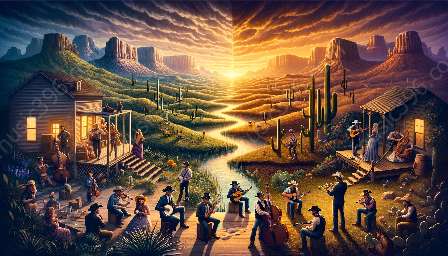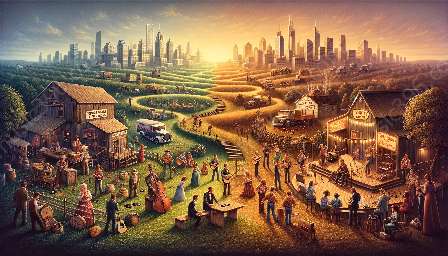Country music has always been deeply intertwined with the economic and rural challenges faced by its listeners and creators. This exploration delves into the historical context of country music, its reflection of economic struggles, and its impact on rural life.
The History of Country Music
The roots of country music can be traced back to the folk songs and ballads brought by European immigrants to North America. It was deeply influenced by the struggles and triumphs of rural life, reflecting the experiences of working-class individuals in the American South and West.
As the genre evolved, it embraced a variety of influences, blending folk traditions with elements of blues, gospel, and bluegrass. Country music continued to mirror the economic and social challenges faced by rural communities, offering a voice to those who lived and worked on the land.
Country Music as a Reflection of Economic Challenges
Country music has often served as a poignant narrator of economic hardship. The songs frequently depicted themes such as agricultural struggles, poverty, and the complexities of rural living. As industrialization and modernization began to impact rural areas, country music remained a vital means of conveying the economic challenges faced by these communities.
This connection became even more pronounced during the Great Depression, as country music provided solace and solidarity to those enduring financial hardship. The narratives of resilience and perseverance in the face of adversity, prevalent in country music, served as a source of comfort and inspiration during these challenging times.
Evolution of Country Music and Economic Resilience
Despite the economic challenges depicted in country music, the genre also conveyed a sense of resilience and hope. It celebrated the resourcefulness and grit of rural communities, highlighting the enduring spirit of those who worked the land. As the country music industry expanded and diversified, it provided opportunities for talented individuals from rural areas to share their stories and bridge economic divides.
The advent of radio and later, television, allowed country music to reach broader audiences, nurturing a sense of community and connection among individuals facing similar economic struggles. Country music became a unifying force, offering a platform for artists to voice the economic realities of rural life while instilling a sense of pride in their heritage.
Country Music as Cultural Preservation
Country music has played a pivotal role in preserving the cultural identity of rural communities. It has served as a storytelling medium, preserving the traditions and values of rural life through its poignant lyrics and heartfelt melodies. As the economic landscape continued to evolve, country music remained a steadfast guardian of rural heritage, keeping the essence of rural living alive through its songs and stories.
The genre's ability to capture the nuances of rural existence, including economic challenges, has helped preserve the authenticity of rural culture, making it accessible to audiences across the globe.










